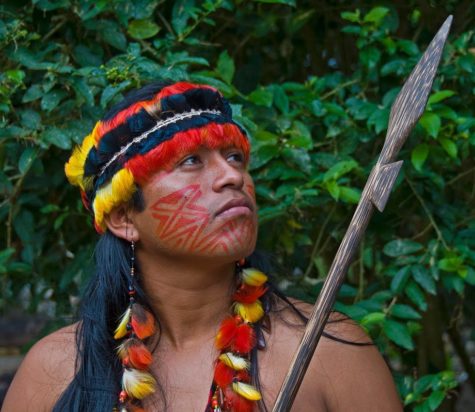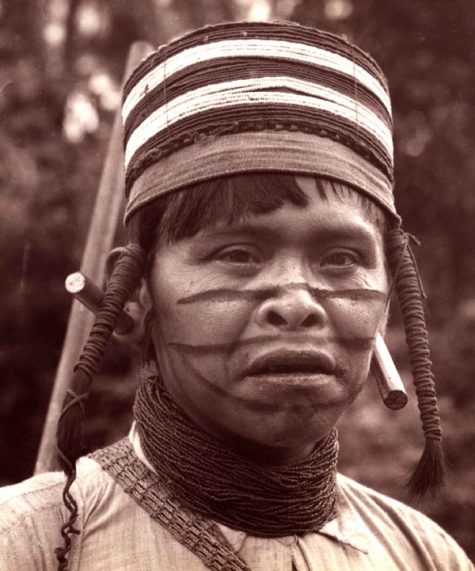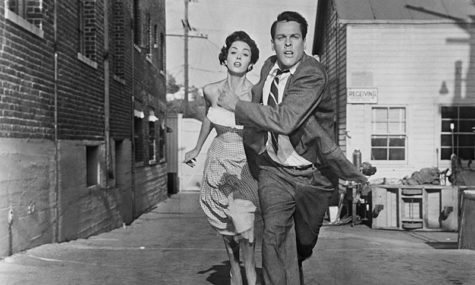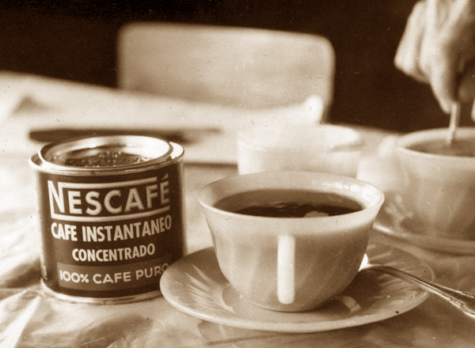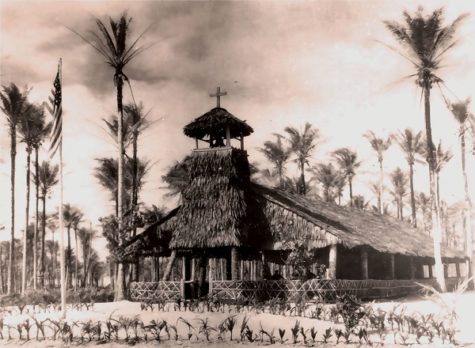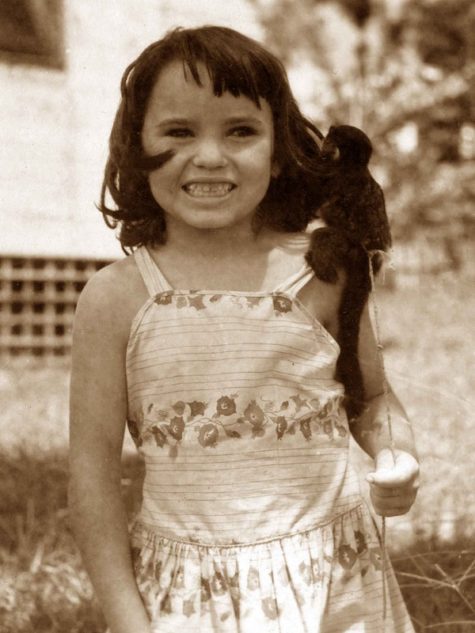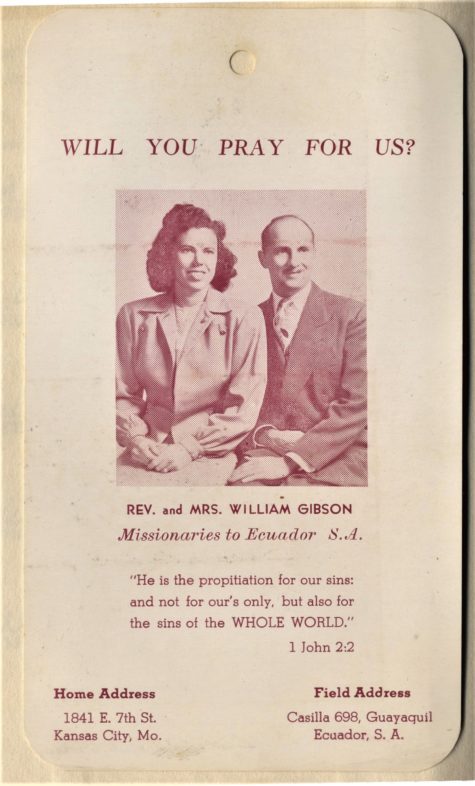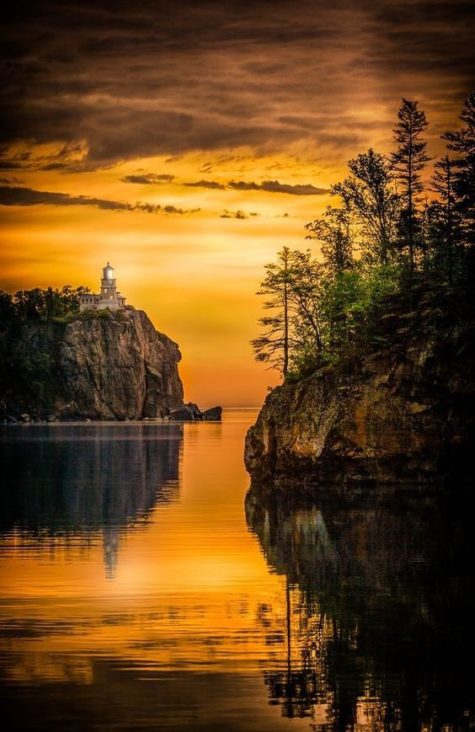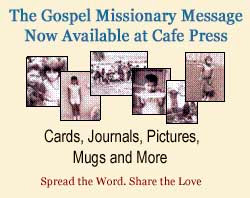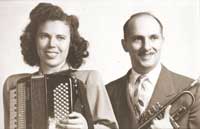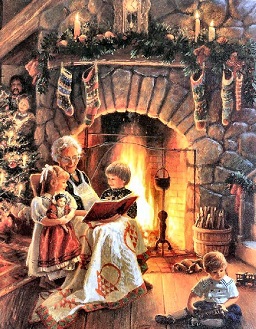shirleytwofeathers
Some thoughts on Hope
Chapter 13 of 1 Corinthians closes with these words..” and now these remain: faith, hope and love. But the greatest of these is love.” We hear much abut faith and much about love but hope seems to be the neglected triplet.
Dr. Armand Mayo Nicoli of Harvard Medical School writes: “The word hope is used and heard little in our culture. Perhaps hope conflicts with our concept of a scientific world.” Many books exist about faith and love but very few on hope. Hope is essential to sanity and a balanced outlook on life. We all need to hope, as hope will sustain us in perilous times.
Hope looks forward to something good. Faith looks to the person who has promised and hope to the thing promised. Faith is the root, hope is the fruit. Faith looks to who and hope to what. Real hope for the future is grounded in the promise of God and guaranteed in the resurrection of Christ Jesus. Hope needs to be based on reality. It is not a mere wish or strong desire.
In a world filled with fear for the future, do you have a hope? Where is your hope and on what is it based? It seems we need to examine to see if our hope is real hope or a mere dream. The hymn writer wrote these words in his song, “The Solid Rock” :
“My hope is built on nothing less,
than Jesus blood and righteousness.
I dare not trust the sweetest frame,
but wholly lean on Jesus name.”
Put your trust in God. His promise never fails.
May the God of hope fill you with all joy and peace
as you trust in him,
so that you may overflow with hope
by the power of the Holy Spirit.
~Romans 15:13
Thank you very, very much.
Bill Gibson
Texas, October 1990
About The Shuar
“I was born to die fighting.”
~Shuar saying
Although there have been many headhunting cultures throughout the world, only one group is known for practice of shrinking human heads (tsantsa). This same tribe is the only tribe of American Natives to have successfully revolted against the Spanish Empire. They withstood armies of gold-seeking Incas, defied the early conquistadors, and thwarted all subsequent attempts by the Spaniards to conquer them. They are the Shuar.
There are four Shuar tribes known to inhabit the tropical forest of the Ecuadorian and Peruvian Amazon. The Achuara, Aguaruna, Huambisa, and the Shuar. In the past, these four tribes were commonly referred to as the Jivaro (pronounced hee’-va-ro).
The Shuar are a proud people, and are known to be an intensely warlike group, tremendously protective of their freedom and unwilling to subordinate themselves to other authorities. They have a reputation for fierceness, and savageness directed toward their enemies.
Early Spanish chronicles relate that in the year 1599, the Shuar banded together and killed 25,000 white people in raids on two settlements. In particular, the massacre of the Logroño stands out as particularly ruthless. The attack was instigated over the natives being taxed in their gold-trade.
After uncovering the unscrupulous practices of the visiting governor, molten gold was later poured down his throat until his bowels burst. Following his execution, the remaining Spaniards were killed along with the older women and children. The younger useful women were taken as prisoners to join the clan. The settlement itself was raided and burned to the ground.
From this point onward, the “Jivaro Indians” remained unconquered in their forest fastness east of the Andes, despite the fact that they inhabited one of the richest regions in South America for gold deposits. Their fierce fighting reputation and head-shrinking practice continued to discourage outsiders from entering their territories.
Tales of their fierceness became part of the folklore of Latin America, and their warlike reputation spread in the late nineteenth and early twentieth centuries when Jivaro “shrunken head” trophies found their way into the market places of the Western world.
In the first decades of this century, the Shuar also became known not as just a warlike group, but as an individualistic people intensely jealous of their freedom and unwilling to be subservient to authority even among themselves. In later years, the violence has subsided as they work to preserve their culture. their freedom, and to preserve the rainforest.
Sources:
- National Geographic Magazine, October 1921
- The Jivaro:People of the Sacred Waterfalls by Michael Harner
Shaman
The Lord is my helper, I will not be afraid.
Hebrews 13:6
![]()
The shaman, or witchdoctor was greatly respected, feared and obeyed. Acting as the main leaders and focus of local conflicts, shamans were believed to both cure and kill through magical means.
It was very dangerous to have a shaman for an enemy, especially in the early days when heads were still being taken, and killing raids were not uncommon. Even as late as 1980, group conflicts between local shamans still erupted into full scale feuds with loss of life.
About this photo:
Shuar (Jivaro) witchdoctor. Transformed from enemy to friend through prayer. Ecuador SA, 1953. Photo by Bill Gibson
Some Thoughts On Haste
I would like to share with you some thoughts on haste.
“He that believeth shall not make haste.”
Isaiah 28:16
![]()
Hurry, hurry is the cry of the moment. Time is money; let’s get it done as fast as we can. We seem to rush from one thing to another so that we have very little time free from the hurry of the hour. There seems to be a real lack of restfulness in our lives. The stress and push take their toll in lives every day. This is also true in churches as numbers of people and meetings fill our week nights. George Morrison used this text years ago in a sermon on “The Leisure of Faith” and he points out that where there is greater haste there is also found lesser faith.
We do not become strong mature Christians overnight. God moves slowly but surely in our lives to accomplish His will in us. It took years for Israel to learn the lessons from God. It takes us a long time to learn from God that which He wants us to learn. God is not hasty in His judgments and in his dealings with us.
The haste of which our text speaks is not the urgency and the push that is laid upon the serious Christian to get the work done. The harvest is ready and the workers are few. Every Christian should sense the urgency and the “now-ness” of the hour in which we live. Yet he will “run with patience the race that is set before him”. UN-hasting, not UN-resting should be our motto.
Our text speaks of the haste that makes waste. Haste without faith produces work without fruit. We Christians find ourselves caught up in the rush and hurry of the day. We find we are more interested in producing results in less time than we are in waiting on God with patience and with faith. This haste is the cause for many of our problems.
Hasty judgments are so easy to make and yet cause much hurt. Why is it so hard to hold back from making a hasty judgment? There seems to be nothing harder than to suspend judgment of another in our daily contact with people.
We live in haste to get enough money saved so we can retire. Many a couple have saved and worked hard for enough for the later years, only to find out at retirement that they have no more strength left. Why not a four day week if we can get the work of five days done in four? Result is poor quality and wasted time.
Hasty decisions have been the cause of failure in many instances. We need always to guard ourselves as Christians in this matter of decision. It’s the little decisions that make the difference, it takes time to know God’s will in making those decisions. God’s promise to us is:
“But they that wait upon the Lord
shall renew their strength;
they shall mount up with wings as eagles;
they shall run, and not be weary;
and they shall walk, and not faint.”
It is our desire that this little message be a blessing to each of you.
Thank you very, very much..
Bill Gibson
Craig Alaska, Fall 1985
Morning Coffee
Every morning began with coffee, bible study, and prayer. If each of us began our days with prayer, how different our lives, and our world would be.
On a lighter note: The way I remember it is that there were 2 brands of coffee available in Ecuador, Nescafe, and Sicafe. I can still remember the little advertising jingle. It ended with a cute little play on words:
Literal translation:
Jungle Church
This I know, that God is for me.
About This Photo
Best Friends
![]()
This little monkey was traded for medicine, and we instantly fell in love with each other. He rode around on my shoulder almost every moment that I was outside. My mom wouldn’t let me bring him into the house, but he did have a nice little home of his own on our back porch.
About Me
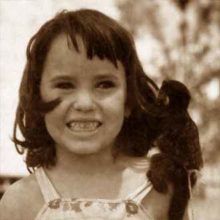 Hello. My name is Shirley Gibson. This picture was taken by my dad, Bill Gibson, when I was 5 years old.
Hello. My name is Shirley Gibson. This picture was taken by my dad, Bill Gibson, when I was 5 years old.I currently live in Missouri. This website is just one of my passions. I am also an artist. If you are interested, you can take a look at my online galleries here at shirleytwofeathers.com, or you can take a peek at some of my online shops. There’s a list of them in the sidebar. I also work with my daughter at her grooming shop and try to keep up with my grandchildren.
About Bill and Gladis
In 1949, Bill and Gladis Gibson left family and friends behind and began their lives together as missionaries to the Jivaro (Shuar) Indians in Ecuador South America.
This took an incredible amount of courage and faith because at that time, the Shuar were fierce indigenous people living in the Amazon rainforest, actively engaging in feuds, vendettas, witchcraft, and violence. They were called Headhunters because the most common way to deal with enemies was to kill them, cut their heads off, shrink them, and display the shrunken heads as trophies.
There are a couple of movies currently out on DVD that dramatize the murder of several christian missionaries by the Huaroni, a nearby tribe. If you haven’t seen the movies: End of the Spear or Beyond the Gates of Splendor
they are both worth watching.
Gladis Gibson, was born and raised in Oklahoma. She picked cotton in the cotton fields as a little girl. When she graduated from high school, she went to nursing school in Canada, and Bible College in Kansas City. She had no plans to get married or raise a family.
Bill Gibson grew up in Michigan. He was a soldier in World War 2, and after the war, he enrolled in Bible College in Kansas City. There, he met Gladis. They fell in love while sharing a waffle at a nearby diner.
Bill is a self taught photographer. The majority of these photos were developed by hand, in a darkroom that he built. The chemicals and photo paper he used had to be flown in, presumably from Quito, the capitol city of Ecuador, and possibly from the US.
They had three children, Shirley, Grace, and Billy. Billy went to be with Jesus soon after he was born. Many personal sacrifices were made as these two brave and loving people dedicated their lives to following God’s will.

